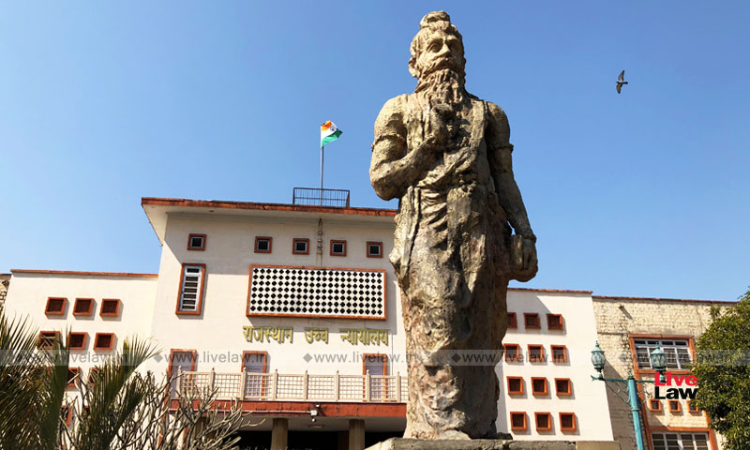The Rajasthan High Court at Jaipur has reiterated that the inherent powers of the High Court under Section 482 of IPC cannot be invoked to alter or review the final order of a criminal court.The single judge bench of Justice Anoop Kumar Dhand observed:“The purpose of Section 362 Cr.P.C. is that once a Court delivers a judgment or a final order disposing of a case, that judgment becomes...

